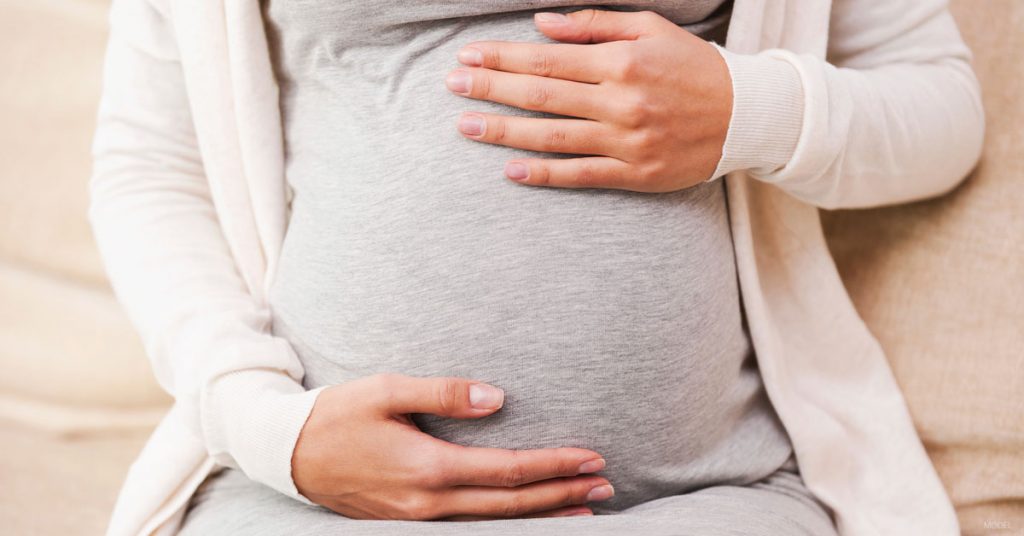Breast augmentation is one of the most popular procedures in America. In 2018 alone, over 300,000 women received implants and enhanced their figures. Because of this popularity, we get a lot of questions about breast augmentation and breast implants from our Atlanta-area patients. Many women know they would like implants, but might be concerned about if pregnancy would affect their surgery results.
It is certainly possible to safely go through pregnancy with breast implants. But here are answers to 3 common questions involving pregnancy and breast augmentation results.
Should I get breast implants before or after pregnancy?
Pregnancy is a transformative time for the body. Glands and ducts in the breast begin to shift and swell. As each woman’s body is unique, it is difficult to predict exactly how her body will respond. If you’re planning to get pregnant within a year or 2, it makes sense to postpone getting breast implants until after you’ve finished having children. This can help you get the most predictable, long-term breast augmentation results.
Even though many patients intentionally wait until after children to undergo a breast augmentation, sometimes life plans change. If this is the case, and you become pregnant after receiving implants, your surgeon can help monitor any changes that might indicate implant movement. It’s important to remember that all bodies are different. While you might experience implant shifting, it is also possible to not experience any changes at all.
Can I breastfeed with implants?
Yes! Most patients can breastfeed with implants. If you want to protect your ability to breastfeed, be sure to mention your family plans to your surgeon. Certain techniques, such as making incisions along the base of the areola, can pose a risk to the milk ducts and can be avoided.
Will pregnancy affect the appearance of my implants?
Maybe. As with any plastic surgery procedure, there is a chance that lifestyle changes (like weight gain or pregnancy) can impact your results. Pregnancy doesn’t alter the implants themselves, but the breast skin and tissue around the implants can change due to hormonal fluctuations. If you experience changes that concern you, a well-qualified surgeon can correct the appearance of shifted implants with either a breast lift (to fix sagging, drooping) or a breast revision (to adjust the implant’s shape or position).
A woman’s body goes through many changes during pregnancy. While these changes and fluctuations should be carefully monitored, you can safely have children and breastfeed after having breast augmentation surgery. Having an open and honest discussion with your plastic surgeon before and after pregnancy will lead to the best results.
If you’re interested in what a breast augmentation can do for you, browse our before-and-after gallery to see real results. You can request a personal consultation using our online form or by calling (770) 421-1242.


Leave a Reply